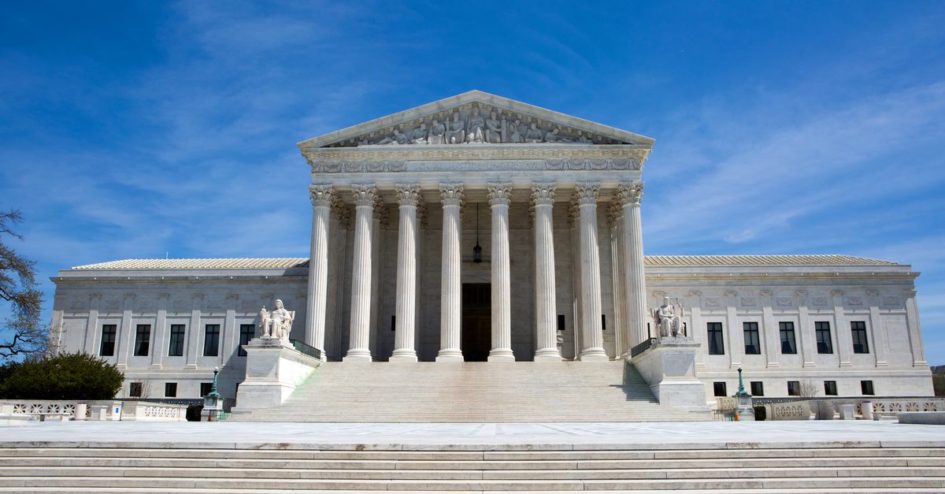The Supreme Court late Wednesday night sided with the Diocese of Brooklyn and two Orthodox Jewish synagogues to block New York Governor Andrew Cuomo’s executive order restricting attendance at houses of worship.
Both the diocese and the synagogues claimed that the executive order violated the right to the free exercise of religion guaranteed by the First Amendment, particularly when secular businesses in the area are allowed to remain open.
Wednesday’s orders by a closely divided Supreme Court, which had rejected two similar requests over the summer by churches in California and Nevada, represented a clear shift toward constitutional textualism since Justice Amy Coney Barrett replaced Justice Ruth Bader Ginsburg in October.
The decision pointed out the arbitrariness of the ruling, in which, “a synagogue or church may not admit more than 10 persons, businesses categorized as “essential” may admit as many people as they wish.”
Justice Kavanaugh concurred:
New York’s restrictions on houses of worship not only are severe, but also are discriminatory. In red and orange zones, houses of worship must adhere to numerical caps of 10 and 25 people, respectively, but those caps do not apply to some secular buildings in the same neighborhoods. In a red zone, for example, a church or synagogue must adhere to a 10-person attendance cap, while a grocery store, pet store, or big-box store down the street does not face the same restriction. In an orange zone, the discrimination against religion is even starker: Essential businesses and many non-essential businesses are subject to no attendance caps at all.
In his concurrence, Justice Gorsuch denied the use of the Supreme Court decision Jacobson v Massachusetts, stating:
Nothing in Jacobson purported to address, let alone approve, such serious and long-lasting intrusions into settled constitutional rights. In fact, Jacobson explained that the challenged law survived only because it did not “contravene the Constitution of the United States” or “infringe any right granted or secured by that instrument.”
Five justices—Clarence Thomas, Samuel Alito, Neil Gorsuch, Brett Kavanaugh and Barrett—sided with the religious groups and blocked the attendance limits. Chief Justice John Roberts, along with Justices Stephen Breyer, Sonia Sotomayor and Elena Kagan, dissented.
 The Libertarian Catholic
The Libertarian Catholic
















